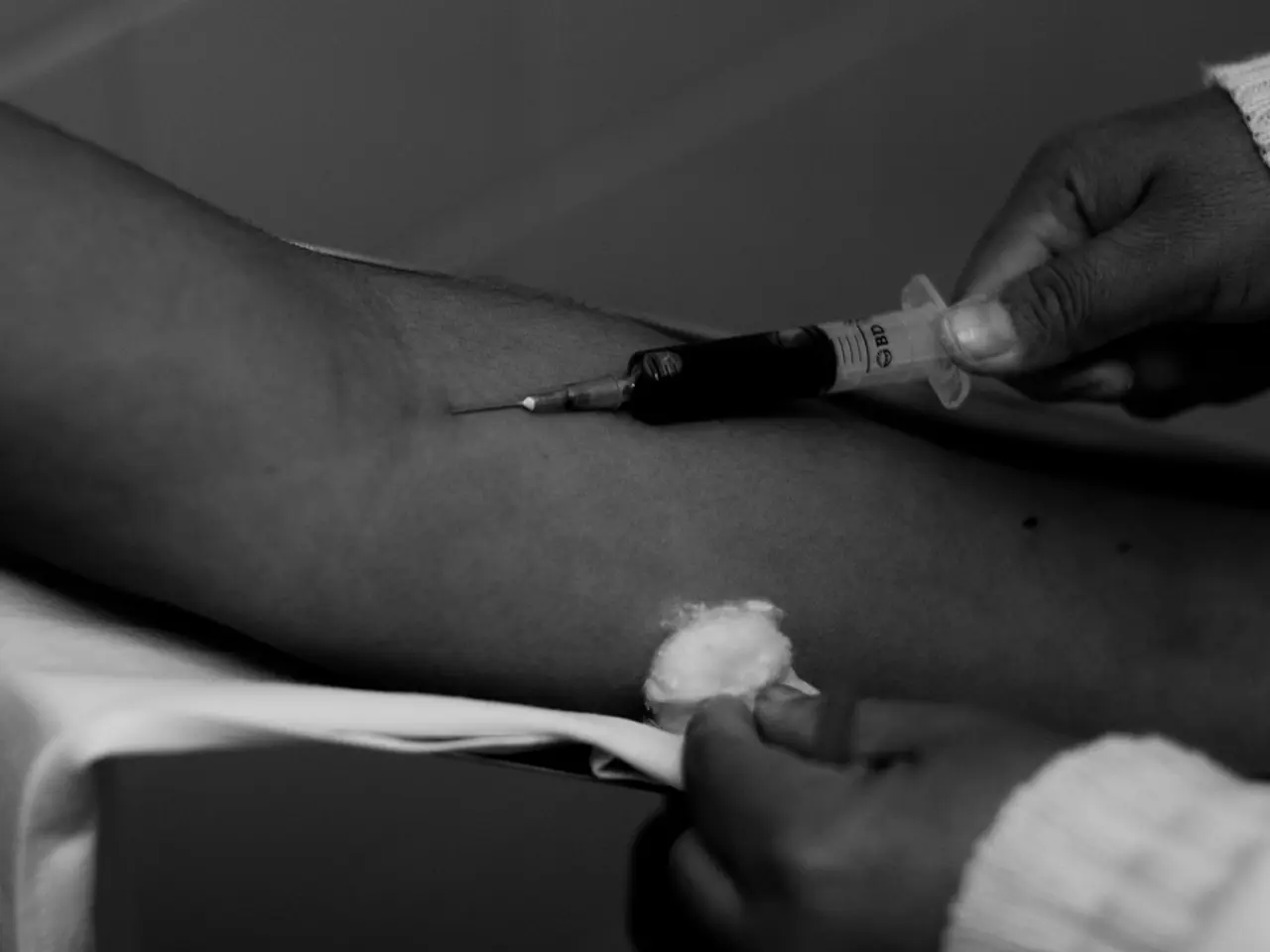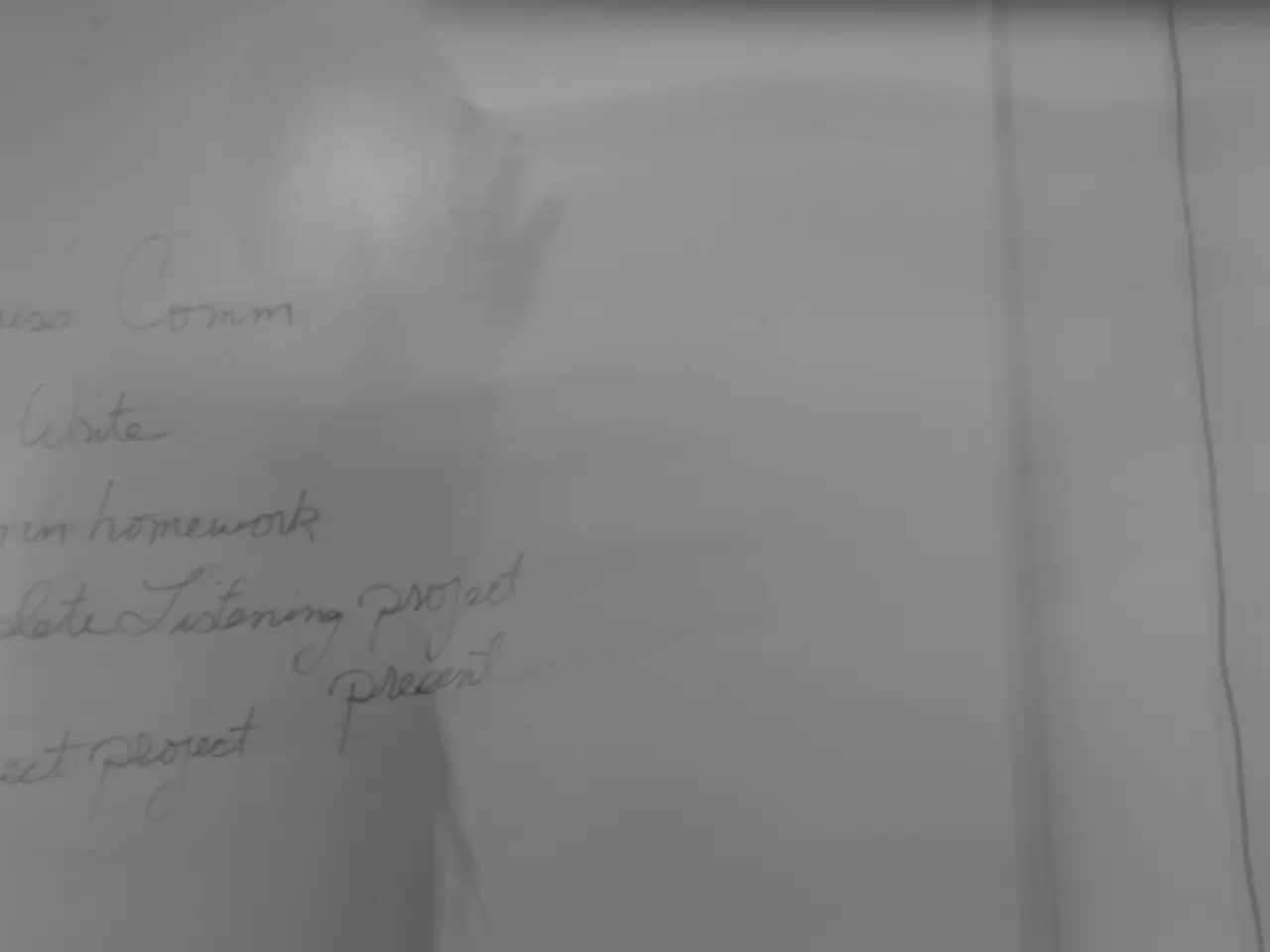Dealing with False Accusations from a Loved One with Dementia: A Practical Guide
Managing Accusations from a Person with Dementia: Theft Allegations Explained
In the world of handling dementia care, unanticipated situations can leave you feeling baffled or hurt, with one common issue being false accusations of theft. It's crucial to remember that such accusations aren't a reflection of your character or actions nor an indictment against you, but rather a symptom of the illness. Here's how to navigate this tricky scenario and bring peace to both parties.
Why Does This Happen?
When a loved one with dementia accuses you of stealing, it's usually not a personal attack. Dementia impacts the brain, causing memory loss, confusion, and even delusions. According to the National Institute on Aging, people with Alzheimer's disease may experience paranoia, delusions, and hallucinations. They might believe others are trying to cheat them, lie, or hurt them. In most cases, they forget where they placed an item or who moved it, and their minds fill in the blanks with a plausible, albeit untrue, narrative.
For instance, if your relative misplaces their wallet, they might accuse you of taking it because they can't remember where they put it. Their mind creates a story that makes sense to them, regardless of its truth.
How Should You Respond?
1. Maintain Calm and Rationality
When faced with such accusations, it's essential to remain calm and rational. Take a few deep breaths to help yourself manage your emotions, especially since the initial response will impact the situation's outcome.
2. Don't Debate the Truth
Avoid trying to prove your innocence or engage in a debate regarding the accusations. Arguing or showing frustration will only escalate the situation. Instead, respond calmly by saying something like, "I understand your concerns. Let's find your wallet together."
3. Validate Their Emotions
Acknowledge their feelings without suggesting that they are correct in their accusations. For example, you could say, "I see that you're upset about your missing wallet. I can help us search for it."
4. Offer Comfort and Support
Reassure them in a soothing tone, letting them know you're there to help. Say something like, "I'm here for you, and we'll sort this out together."
Preventing False Accusations
1. Label and Organize Belongings
Help your loved one keep their property in designated places. Use labels or clear containers for everyday items like glasses, wallets, or keys. This way, they will always know their belongings' whereabouts.
2. Maintain a Tidy Environment
A cluttered space can cause more confusion for someone with dementia, making it harder for them to find things. Keep their living area organized and free from unnecessary items.
3. Use a Memory Box
Designate a designated spot for essential items. For example, compile their wallet, glasses, and favorite watch in one specific box that they can check whenever they feel something is missing.
4. Keep a Record
If you're managing their finances or possessions, keep a written record. This can help you provide proof when needed and may reduce the likelihood of further accusations.
Understanding Fear and Anxiety
Dealing with a false accusation can be an intimidating experience for both parties, but remembering that it's often born out of fear and anxiety can help you approach the situation with compassion. By offering comfort and reassurance, you can help ease their worry.
Dealing with Common Questions
"Why does my loved one accuse only me?"
Their accusations might primarily be directed towards you because you spend the most time with them. Being a familiar face can make you an easy target for their frustration, even when you've done nothing wrong.
"Should I explain that they have dementia?"
Reminding them of their diagnosis can lead to further distress. Instead, focus on the current issue and provide comfort, reassurance, and support.
"What if the accusations keep happening?"
If false accusations become a recurring problem, consider discussing the issue with their healthcare provider. They may be able to suggest medication, therapy, or other strategies to help manage delusions and paranoia associated with dementia.
Medical Advice and Caregiver Support
If accusations become severe or interfere with your ability to provide care, it's important to seek medical advice from their healthcare provider. When discussing the issue with them, emphasize the frequency and impact of the accusations, and explain that addressing the root cause might help minimize false accusations.
A Compassionate Approach to Caregiving
Caring for someone with dementia can take an emotional toll. Remember to take breaks and seek support from other caregivers when needed. By maintaining a compassionate attitude and adjusting your expectations, you can navigate the challenges that come with caring for someone with dementia and find peace in the process.
Key Takeaways
- Maintain a calm and rational demeanor when faced with false accusations.
- Don't argue, but instead, offer comfort and validate their feelings.
- Help your loved one organize their belongs to reduce confusion.
- Seek medical advice if false accusations become frequent or severe.
- Take breaks and seek support to maintain your emotional well-being.
- Understanding the complexities of dementia, it's essential to recognize that false accusations often stem from memory loss, confusion, and delusions, as suggested by the National Institute on Aging.
- In the realm of health-and-wellness and mental-health caregiving, offering therapies-and-treatments tailored to managing delusions and paranoia can help mitigate recurring false accusations.
- In the pursuit of science and healthcare advancements, it's crucial to investigate the impact of medication and various therapies on reducing fear, anxiety, and paranoia in individuals with dementia.








